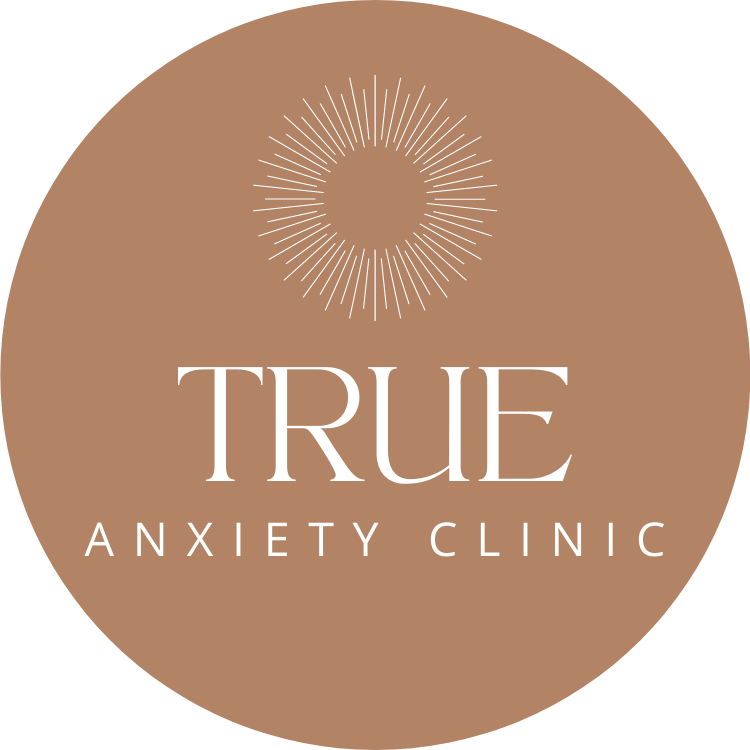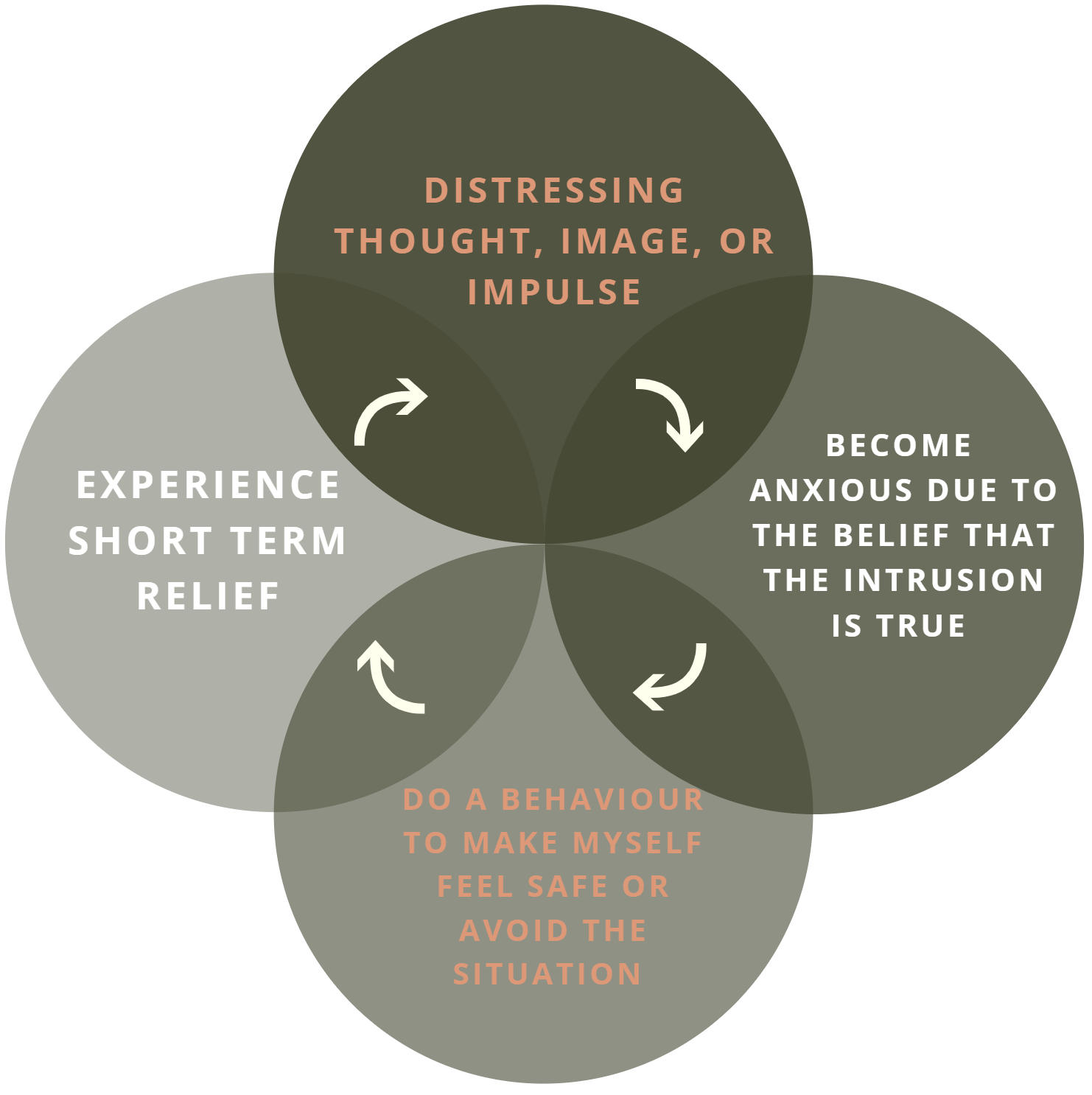Obsessive-Compulsive Disorder
Have you ever experienced repetitive, distressing thoughts or images which you try to get rid of but they feel stuck in your mind?
Have you ever judged yourself based on the thoughts you’re having and found yourself confused as to why you are having these thoughts despite them not being aligned with who truly are?
Do you engage in repetitive behaviours in order to help yourself feel safe, but find they are beginning to take up more and more time when you’d prefer to spend time doing something else?
If you answered ‘Yes’ to any of the above, you may be suffering with symptoms of OCD.
What is OCD?
OCD is characterised by intrusive thoughts, images, and impulses, which often cause anxiety and distress, and are followed by compulsions which are behaviours or mental actions which aim to alleviate the distress.
At our Brisbane psychology clinic, we have a special interest in treating OCD and have many years of experience achieving successful outcomes for our clients. We have found that people are often scared to get help for their OCD as they judge the thoughts they’re having as ‘unacceptable’ and worry how their therapist will react if they share them. We aim to build a trusting and safe therapeutic relationship where everyone can feel confident to disclose the content of their thoughts, as we know more than the average person that a person is not their thoughts. Most people are relieved to hear that we have treated the ‘type’ of thoughts they have many times, and that relief is available.
We work with all types of OCD, but common types include:
+ Contamination and Germ Fears
+ Violent or Harm Based Thoughts (Towards Self or Others)
+ Sexual Thoughts (e.g., POCD, SO-OCD)
+ Checking Behaviours
+ Routines and Rituals to Prevent Something Bad Happening
+ Ordering and Arranging
+ Pure O OCD
+ Many, many more! (In reality, OCD has no limits!)
The evidence based therapy for OCD is Exposure and Response Prevention (ERP) which helps people to recognise that their thoughts are scary, but ultimately untrue or extremely unlikely, and to slowly reduce their compulsions in a gradual manner. For many, ERP is life changing with the support of a warm and encouraging therapist.
Katie is also trained and experienced in Inference-Based CBT (I-CBT) for OCD. This is also an evidence based treatment that does not rely on exposure therapy to overcome it which can be a great relief to those who are uneasy about the idea of facing their obsessional fears. This is a great option for clients who experience obsessional doubts, or who have not found ERP helpful in the past.

